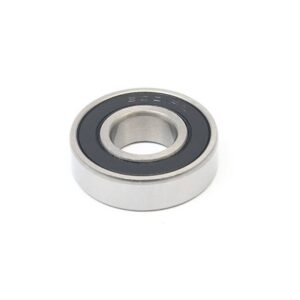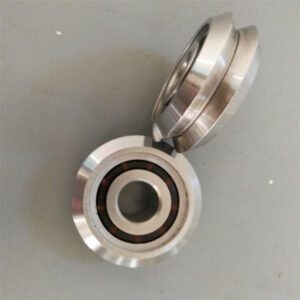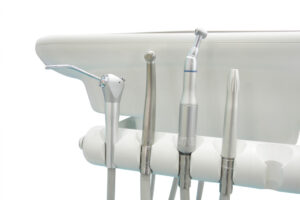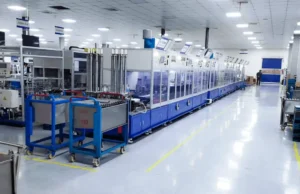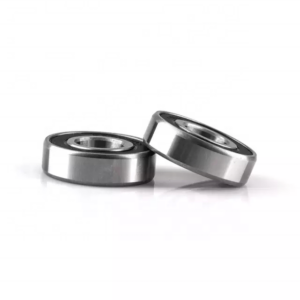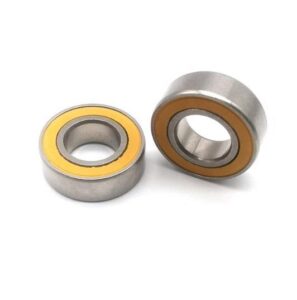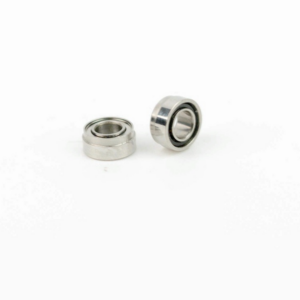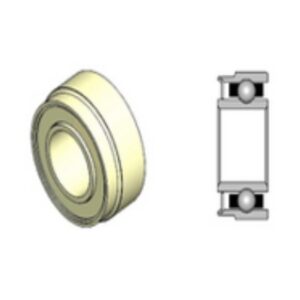What Are the Quality Standards for Dental Bearings?
Dental bearings are the backbone of precision in modern dentistry, enabling tools to operate at speeds exceeding 400,000 RPM while enduring harsh sterilization cycles. However, not all bearings are created equal—subpar components can compromise patient safety, increase clinic costs, and damage reputations. This article explores the global quality standards governing dental bearings, how they’re tested, and why adherence to these benchmarks is non-negotiable.
Why Standards Matter: The Cost of Non-Compliance
A single defective bearing can lead to:
- Tool malfunctions during critical procedures (e.g., cracked burs, handpiece seizures).
- Cross-contamination risks from corroded or porous materials.
- Regulatory violations, such as FDA warnings or CE mark revocations.
According to a 2023 report by Dental Tribune, clinics using non-certified bearings faced 3× more equipment recalls than those adhering to ISO standards.
Global Quality Standards for Dental Bearings
1. ISO 13485:2016 (Quality Management Systems)
The cornerstone of dental bearing compliance, ISO 13485 mandates:
- Traceability: Each bearing must have a unique identifier linking it to production batches, materials, and test results.
- Risk Management: FMEA (Failure Mode Effects Analysis) for design and manufacturing processes.
- Process Validation: Proof that production consistently meets specs (e.g., hardness, dimensional accuracy).
Example: ISO 13485-certified factories use automated optical inspection (AOI) systems to detect sub-0.001 mm defects in bearing races.
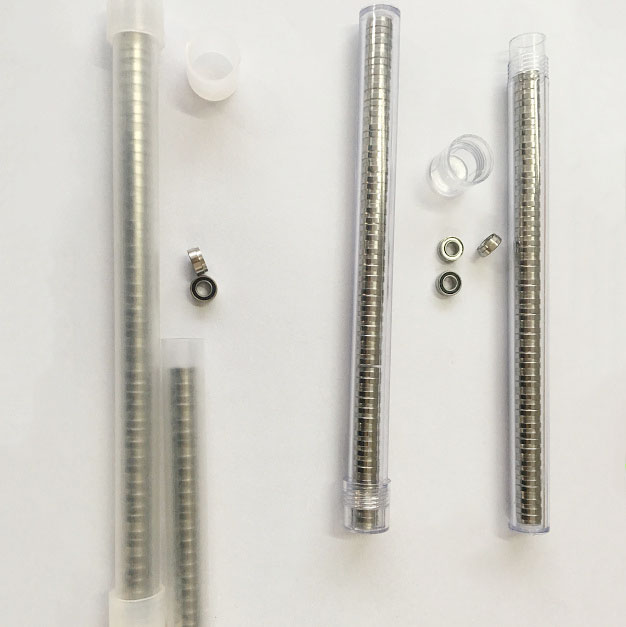
2. ISO 10993 (Biocompatibility)
This series ensures materials are safe for prolonged human contact:
- ISO 10993-5: Cytotoxicity testing to confirm no cell damage.
- ISO 10993-10: Sensitization and irritation assessments.
- ISO 10993-12: Sample preparation and reference materials.
Critical Note: Stainless steel 440C bearings must pass nickel release tests (<0.5 µg/cm²/week per ISO 21420).
3. FDA 21 CFR 820 (US Quality System Regulation)
For the US market, the FDA requires:
- Design Controls: Documented proof of performance under worst-case scenarios (e.g., 500 autoclave cycles).
- Supplier Oversight: Audits of raw material providers (e.g., zirconia powder purity ≥99.9%).
- Post-Market Surveillance: Reporting adverse events within 30 days.
Material and Performance Benchmarks
A. Material Standards
MaterialKey StandardsApplication Example
Zirconia Ceramic ISO 13356 (aging resistance) High-speed implant drills
Stainless Steel 440C ASTM F138 (corrosion resistance) Surgical scalers
PEEK Polymer USP Class VI (plastic biocompatibility) Orthodontic handpieces
B. Operational Tolerances
ParameterMinimum StandardPremium Benchmark (e.g., CeramicX Pro)
RPM Tolerance ±5% at 300,000 RPM ±1% at 400,000 RPM
Temperature Range -30°C to 120°C -50°C to 200°C
Corrosion Resistance 100+ hours in saline spray 500+ hours (ASTM B117)
Lifespan 12 months (general use) 24–36 months (with maintenance)
Data Insight: Zirconia bearings last 2.5× longer than steel in high-moisture environments.
Testing Protocols to Validate Compliance
1. Fatigue Testing
- Method: 10 million cycles at 400,000 RPM with a 50 N axial load.
- Pass Criteria: No cracks, deformation, or torque loss >5%.
2. Sterilization Resilience
- Autoclave Testing: 500 cycles of 121°C steam sterilization (per EN 13060).
- Chemical Resistance: Immersion in 3% hydrogen peroxide for 24 hours without corrosion.
3. Precision Verification
- Vibration Analysis: ≤1.5 mm/s vibration amplitude (ISO 19499).
- Radial Play Measurement: ≤0.002 mm deviation (DIN 620-2).
Case Study: How Standards Prevented a Clinic Disaster
Scenario: A German implantology center encountered handpiece failures mid-surgery.
Root Cause: Bearings lacked DIN 13942 certification and failed at 320,000 RPM.
Solution: Upgraded to ISO 13485 + DIN 13942 dual-certified ceramic bearings.
Results:
- Zero tool failures in 18 months.
- 19% faster osteotomy procedures due to stable RPM.
How to Verify Supplier Compliance
- Request Certificates: Valid ISO 13485, FDA 510(k), or CE Mark documents.
- Review Test Reports: Ensure third-party labs like TÜV or SGS conduct testing.
- Audit Material Certificates: Zirconia should have a density ≥6.05 g/cm³ (per ISO 13356).
- Check Manufacturing Controls: Confirm CNC machining precision ≤2 µm tolerance.
Mobile-Optimized Compliance Checklist
- Always verify ISO 13485 and FDA 510(k) certifications.
- Demand RPM stability charts from independent labs.
- Prioritize bearings tested to DIN 13942 or ASTM F2091.
- Avoid suppliers who can’t provide material test reports (MTRs).
Conclusion: Standards Are the Foundation of Trust
Quality standards for dental bearings aren’t bureaucratic hurdles—they’re meticulously crafted safeguards ensuring patient safety, clinical efficiency, and equipment longevity. By partnering with certified suppliers and demanding transparency, clinics can reduce downtime by up to 45% while building a reputation for excellence.
